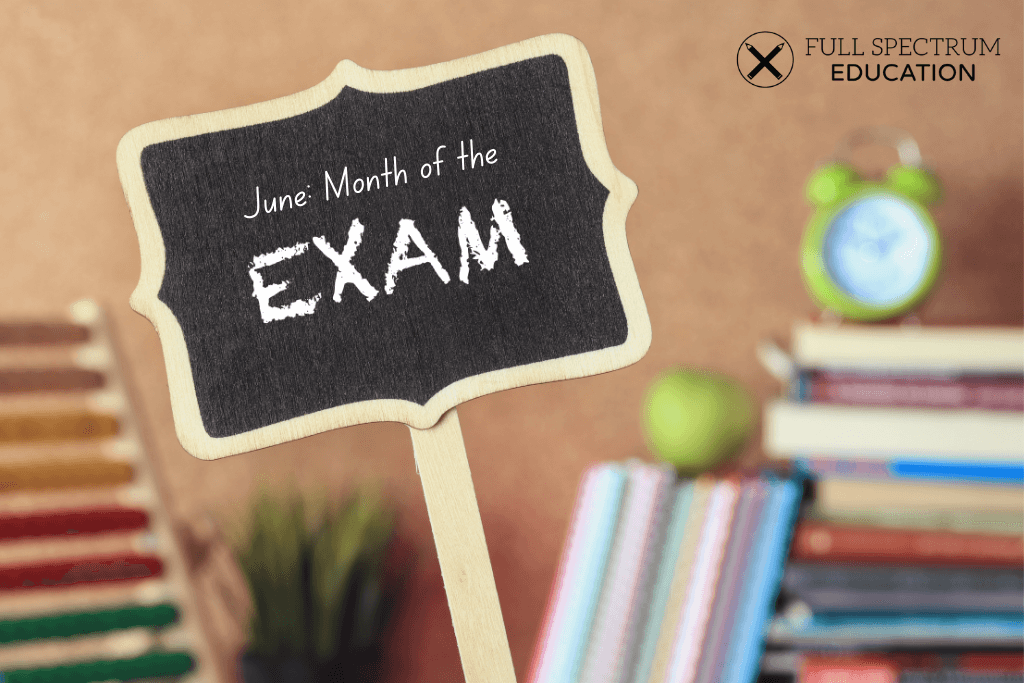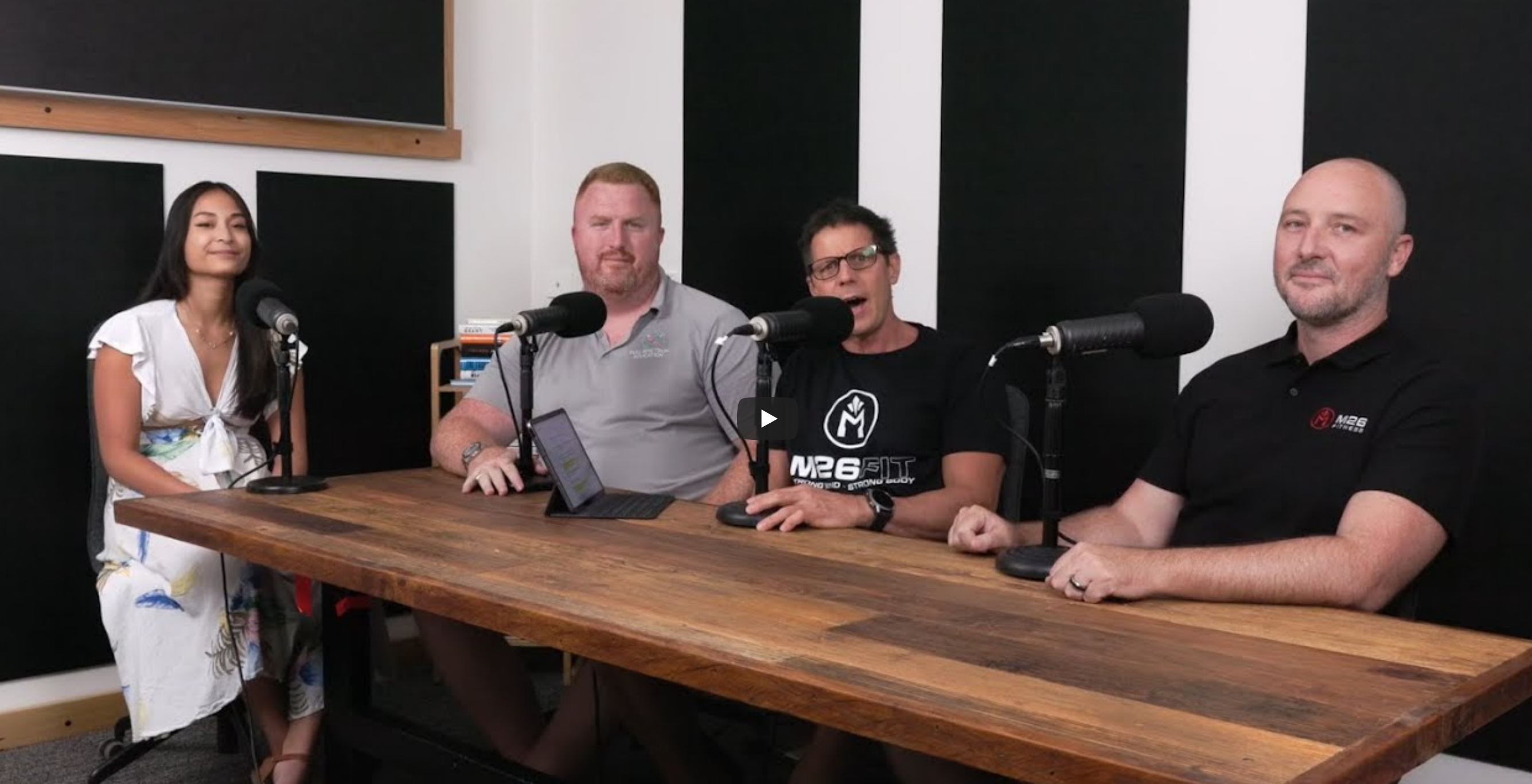
Our last blog focused on the Full Spectrum Triangle, which encompasses the three tiers that are at the heart of our teaching and learning
programs. Our teaching team understand the importance of teaching students how to study effectively, which is why it is the second tier of
the Full Spectrum Triangle.

We have spoken to some of our teachers, and collated the study tips and strategies they recommend to Full Spectrum Education senior
students:
-
Practice completing exam style questions. Half the battle is understanding the content, but the other half is knowing how to word your
responses well.
- You need lots of sleep to consolidate and process what you have been learning. Aim for 8 hours a night.
-
Stop looking at screens at least 2 hours before bed – the blue wavelengths can make you feel more alert, which is not good for sleep.
- Stop multitasking – it reduces productivity. Write a list and tick one thing off at a time.
-
Set a time limit for your apps, or at least set a downtime. This will help you to reduce the amount of time you waste on your phone. If you
feel it is a real problem for you, consider deactivating your social media accounts. You could reactivate them after exams as a reward for
your hard work.
- Even mild dehydration can decrease concentration and academic performance – aim to drink at least 2 litres a day.
-
Stop telling your family you are ‘studying’ – this can be overwhelming because it is so broad. Instead, tell your parents you are going to
‘complete an exam question’ or ‘reread a section of a textbook about a difficult concept’ or ‘paraphrase a key concept’.
-
Find your ‘power hours’ – that is, the times of the day where you feel focused and energised. If you are tired – eat, relax, clean or sleep.
Do not try to study. You will take twice as long to do a task and it will not sink in.
-
Ask your parents or friends to test you on your revision notes so you know what you need to scrub up on. You should also highlight questions
you cannot answer well, so that you can go through them with your FSE or classroom teacher.
-
Teaching a concept is a great way to help you remember and understand what you have learnt. Teach a friend, your parents or your FSE
teacher.
- Start reading answer guides and breaking them down into anchor charts. Hang these charts up on your walls!
- Ask a friend if you can write practice exam questions for each other.
- Try to study in different locations. Studying in different environments can increase how much information we commit to memory.
-
Take a 10 minute break every hour if you are ‘studying’ and not ‘testing’. This is not a technology break. Ideally you should be exercising
(Sam Woods has amazing 30 minute YouTube videos you could do in three parts), eating or chatting to your loved ones.
-
People who eat a good quality breakfast (high in protein, low in simple carbs – think eggs on wholegrain toast) perform to a higher standard
academically and are less likely to suffer from anxiety. If you don’t eat breakfast, now is a good time to start.
If your child would benefit from individualised, one-on-one education, please get in touch!



